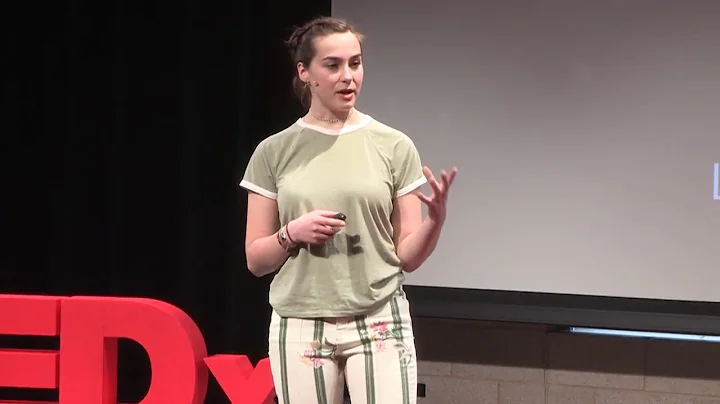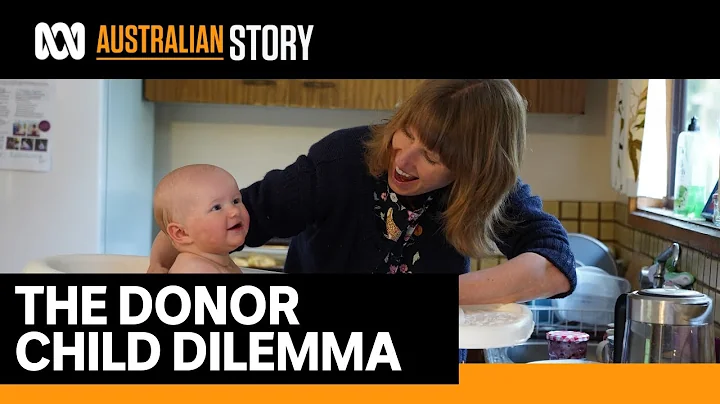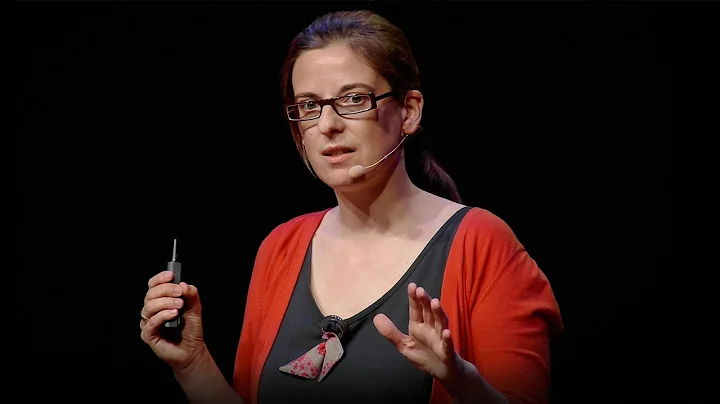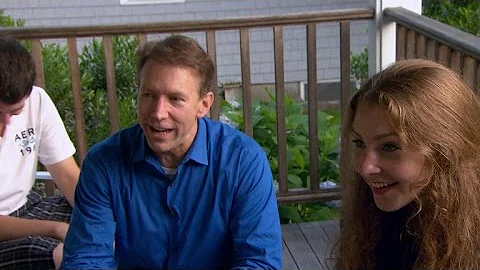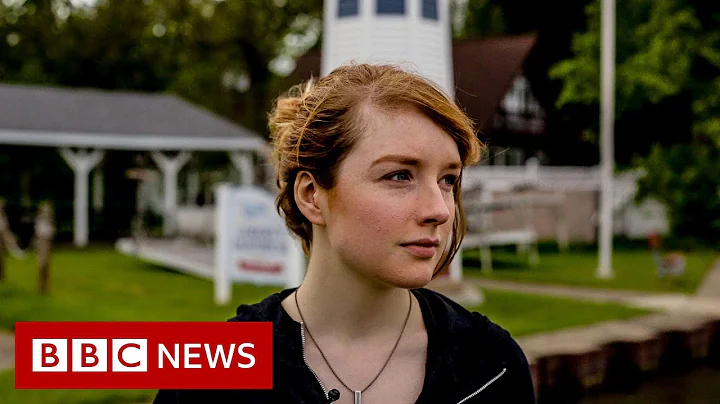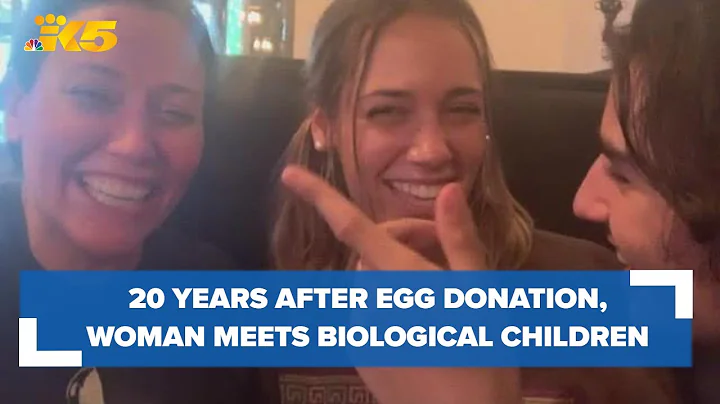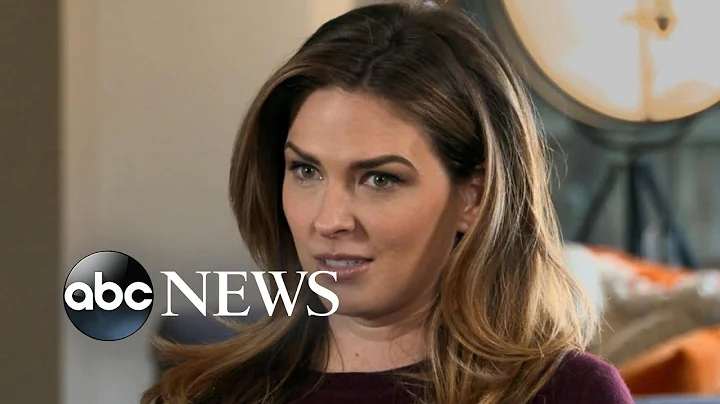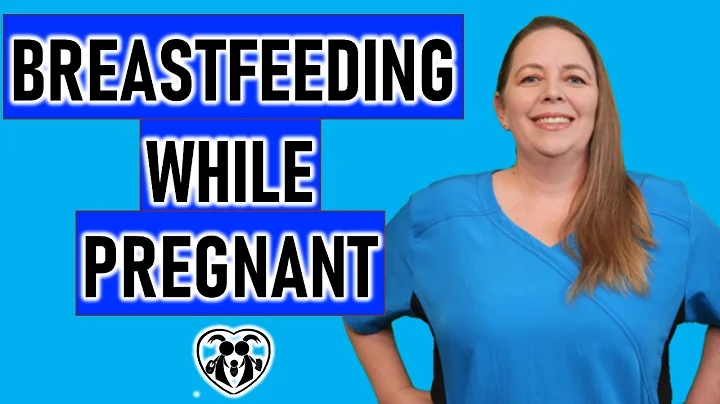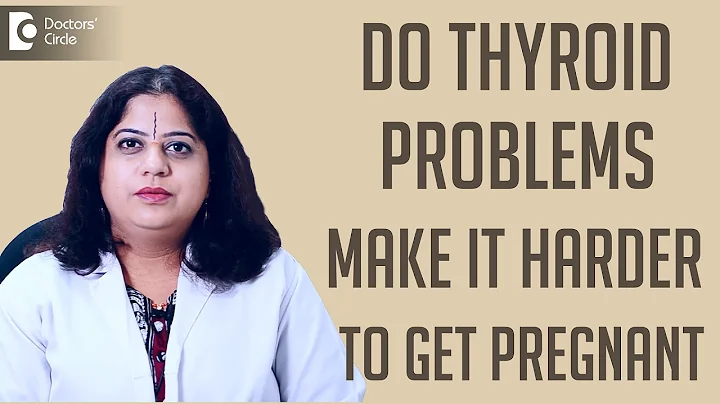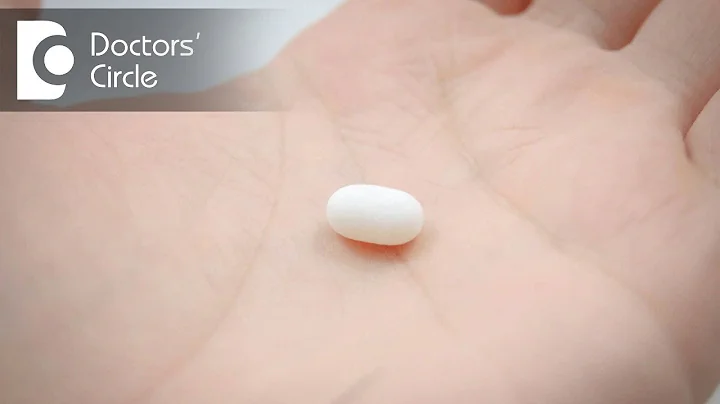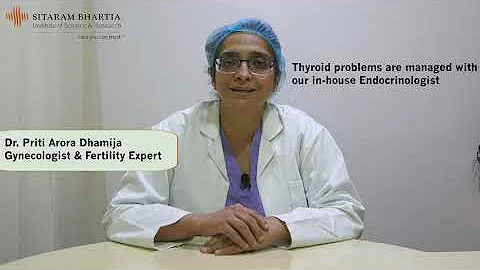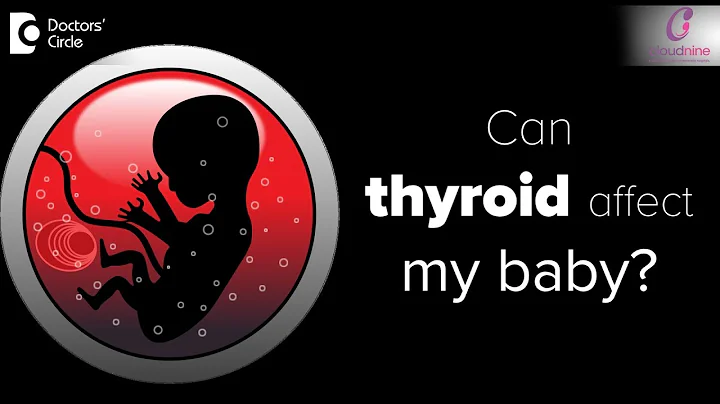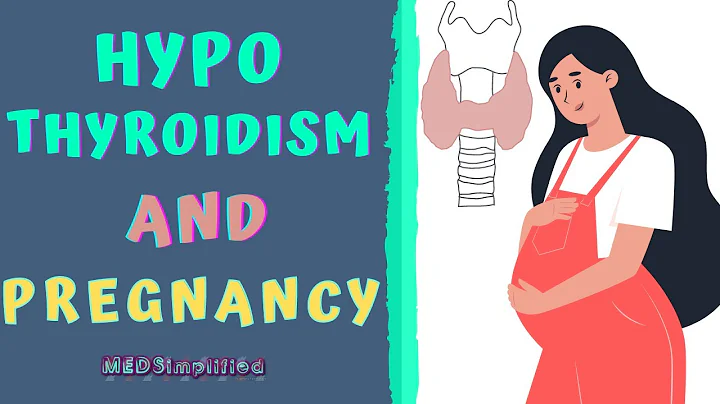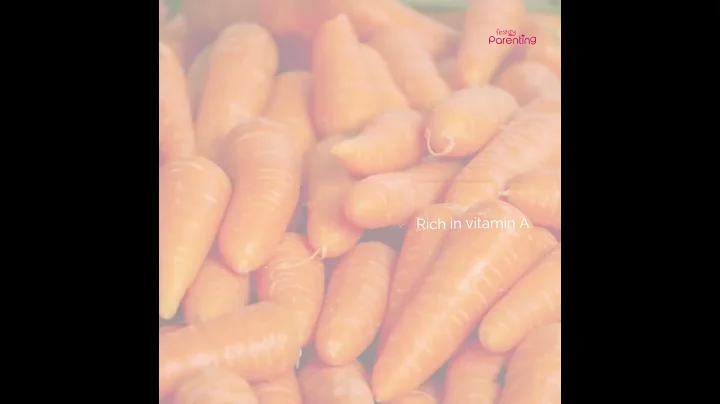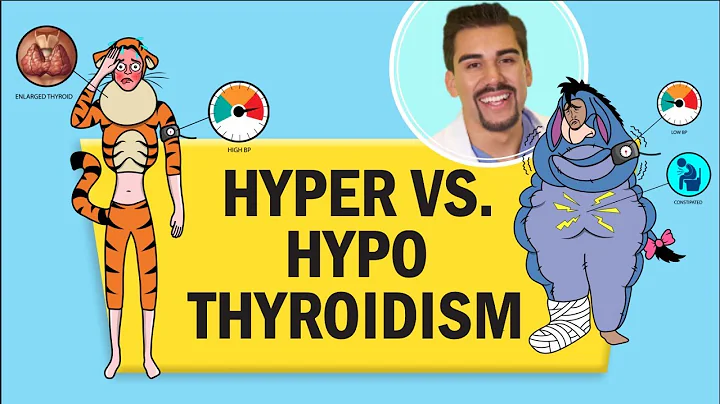Early disclosure is crucial to building a happy and healthy family.
Some parents are reluctant to tell their children that they were conceived with donated gametes . For decades, doctors advised them against it.
Parents can start this conversation before their child speaks, so that it becomes an integral part of the donor child's identity.

Telling is only the first step; the conversation after disclosure is very important.
The main conversation is about disclosure. At that time, many (mostly straight) parents were committed to keeping secrets and believed that, as parents, disclosure was a personal choice they made for their family. They don't like to hear why not telling (not lying) could be harmful to the donor-conceived person (DCP) and unhealthy for their family. They don’t want to hear that secrecy means shame.
Lying is done with words as well as silence.
Some people feel attacked and offended when offspring or other parents explain why lying to their children is wrong. They stood their ground even as they heard from DCP that they felt their world had been turned upside down when they discovered the truth later in life. The parents insist they didn't tell their children because knowing the truth would "hurt the children." They don't want to hear that secrecy is more about their own or their partner's fear of not being seen as the child's "real" parent and / or their own or their partner's stigma around infertility than it is about what is most Good for the benefit of children.

Should a parent’s right to confidentiality trump a child’s right to know the truth?
Healthy relationships are built on trust and honesty. We expect honesty from our children; shouldn’t they expect the same from us? Some parents are reluctant to tell their children that they were conceived with donor gametes because for decades, doctors have strongly advised against telling them. Therefore, this information is described as "private" or "confidential". Married heterosexual couples are more likely to feel this way than single women or same-sex couples using donated gametes. In many cases, heterosexual couples do not share the information with any close friends or family. This secrecy implies shame.
Parents who believe their children should know their genetic origins tend to frame the issue in terms of "honesty" versus "confidentiality." They value the openness of their families and believe that secrets can be damaging to relationships, dangerous, and uncontrollable. For example, if someone else does know the circumstances of a child's conception, there is always a risk of accidental and traumatic disclosure by someone other than the parents.

Why would children benefit from being told about the circumstances of their conception?
They have a right to know their origin story.
Withholding information can damage trust between family members.
Keeping secrets can cause children to learn not to trust their own instincts.
The stigma of infertility can be passed on to the child, as can the shame of donor conception.
Can you imagine basically living your whole life lying about who your father is? Looking back, I always felt like something was wrong. I don't blame my parents because doctors told them never to tell; however, I still feel honesty is best. It would really shape me in a different way. Because of the psychological effects, they now say tell your kids as early as possible. Is it traumatic? You bet! ! ! Imagine looking in the mirror and trying to figure out who you are again? I was angry, hurt, injured, broken, lost and it was a long grieving and healing process. Do I still believe that my parents love me? Absolutely. Do I still trust my parents to believe they are doing the best for me? Yes, that's right. However, it's not easy.Now, I choose not to hide my identity and who I am. I will not keep it a secret and walk the same path, full of shame. Like we know someone who was adopted, very similar in that way. We experience the same psychological factors when someone doesn't find out they were adopted until later in life.
Cornerstone conversations are crucial.
Having honest conversations, even with young children, and modeling these conversations so that children can confidently share their origin stories, especially when parents are away, is critical. Parents can start this conversation before their child speaks so that it becomes an integral part of the donor child's identity. Like many conversations with young children, they may not understand the depth and breadth of all concepts, but as they mature, they will gradually absorb the facts. As children mature, establishing these cornerstone conversations is essential.

is said to be the first step. The establishment of
DSR will allow parents for the first time to have mutually consented contact with their children's half-siblings and donors, raising new questions about disclosure. Parents who have always told their children that they were donor-conceived now also need to decide when and how to tell their children about their new found relatives.
Telling is just the first step in creating a healthy donor family. Just because a child knows they were conceived with the help of a donor doesn't mean they'll feel at peace with not knowing half of their identity, including their ancestry, medical background, and next of kin. That’s why the conversations that follow a disclosure are so important.
Parents can acknowledge, respect and validate DCP any curiosity about their unknown first-degree genetic relatives. They can support any wishes that DCP have to find and contact these relatives. Conversation can be welcoming, ongoing, and affirming. need help? While some children's books explain donor conception, many end with "And then you were born!"
But this is not the end of the story, this is just the beginning.



